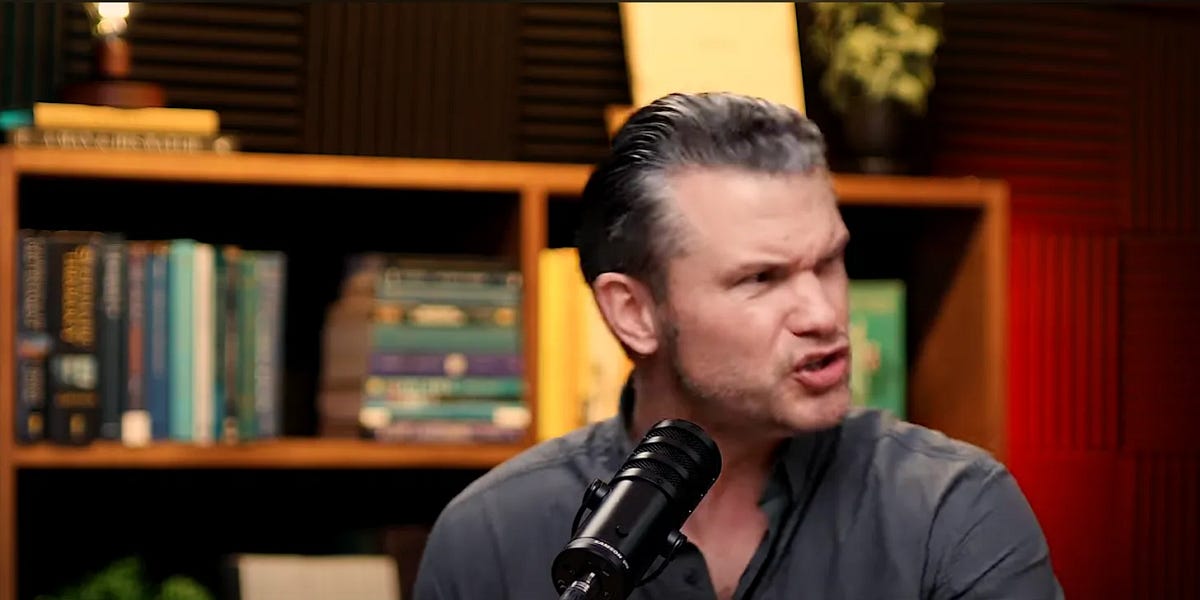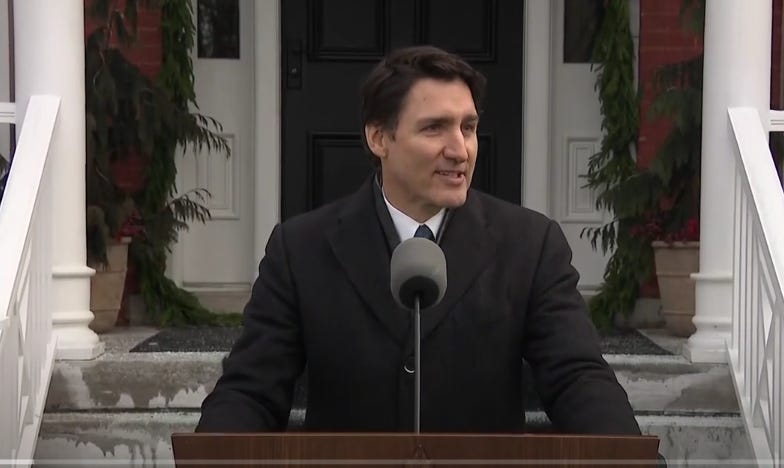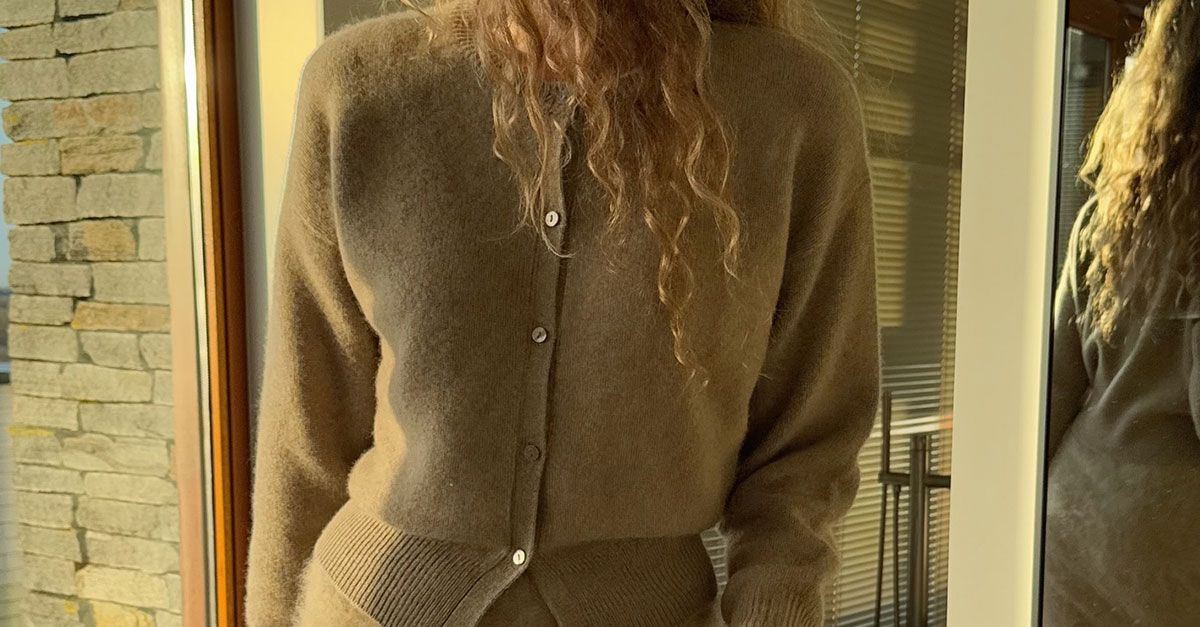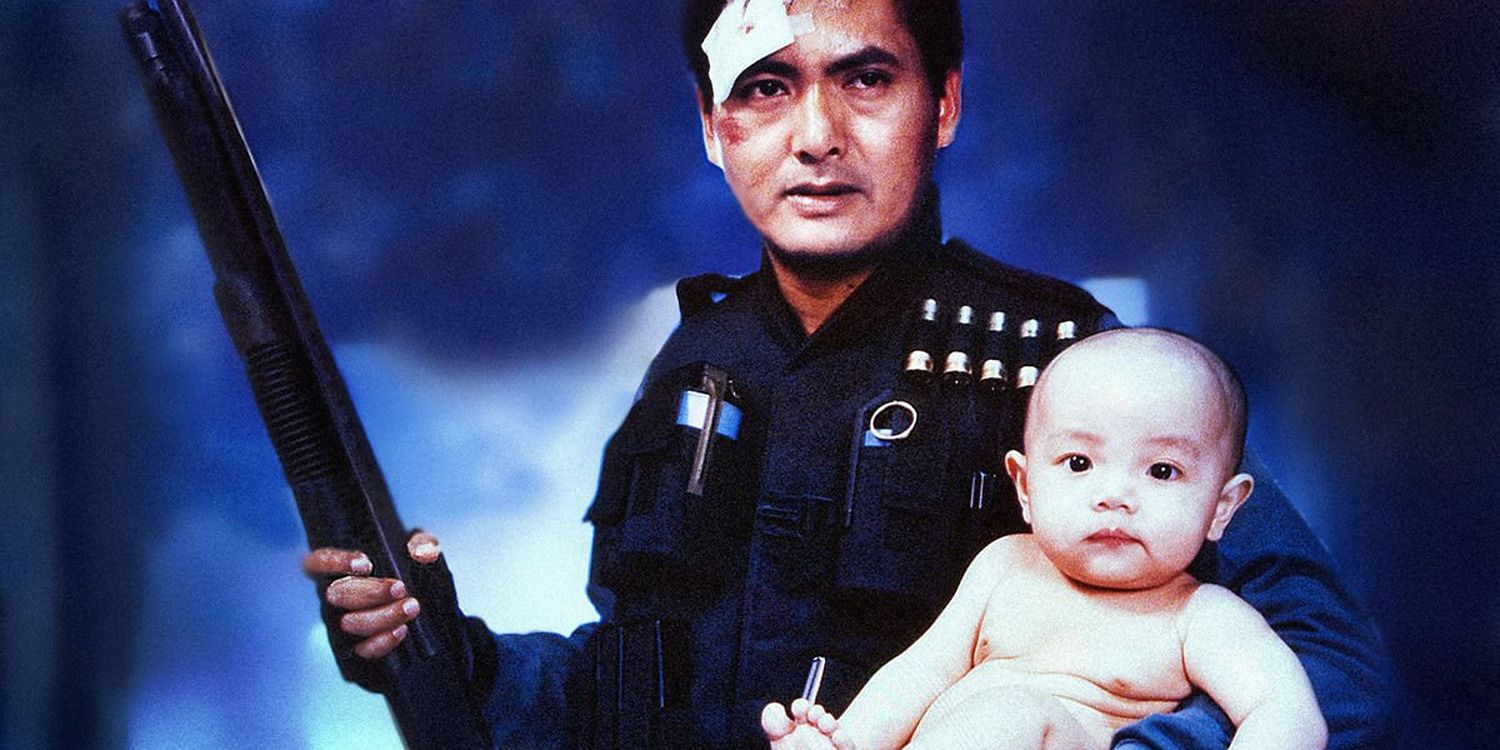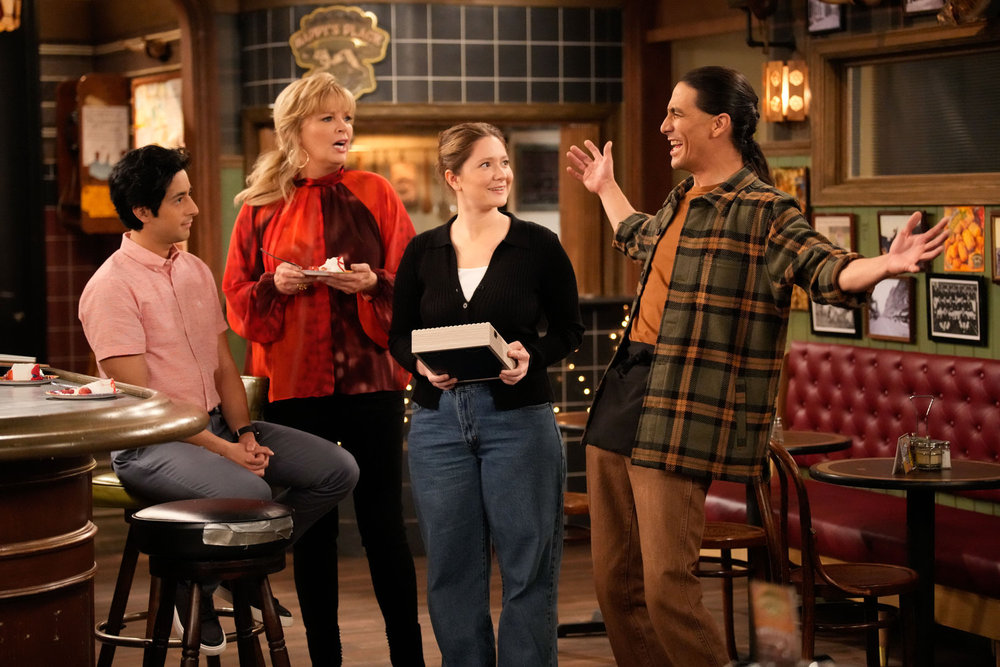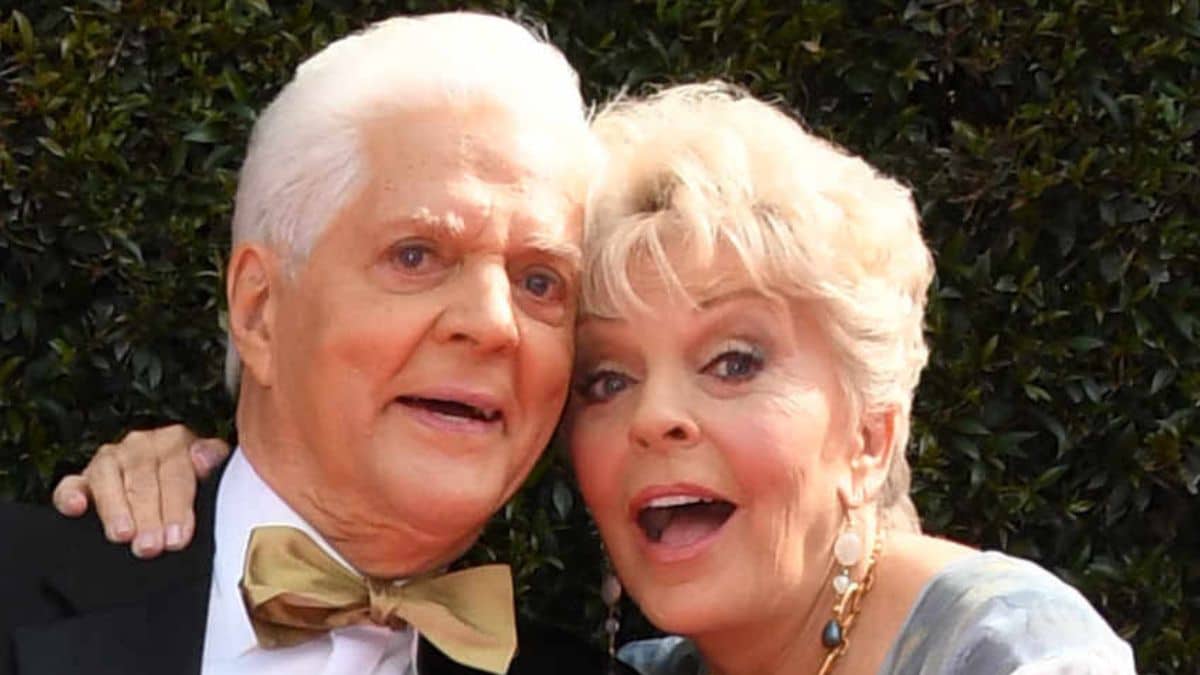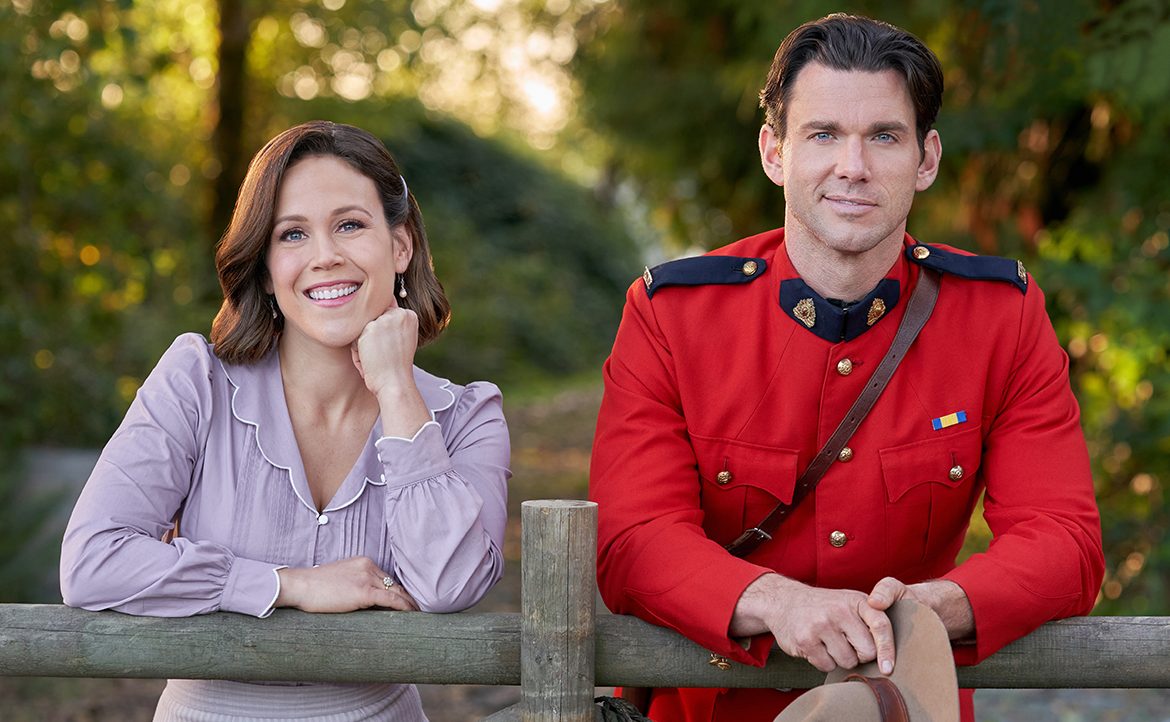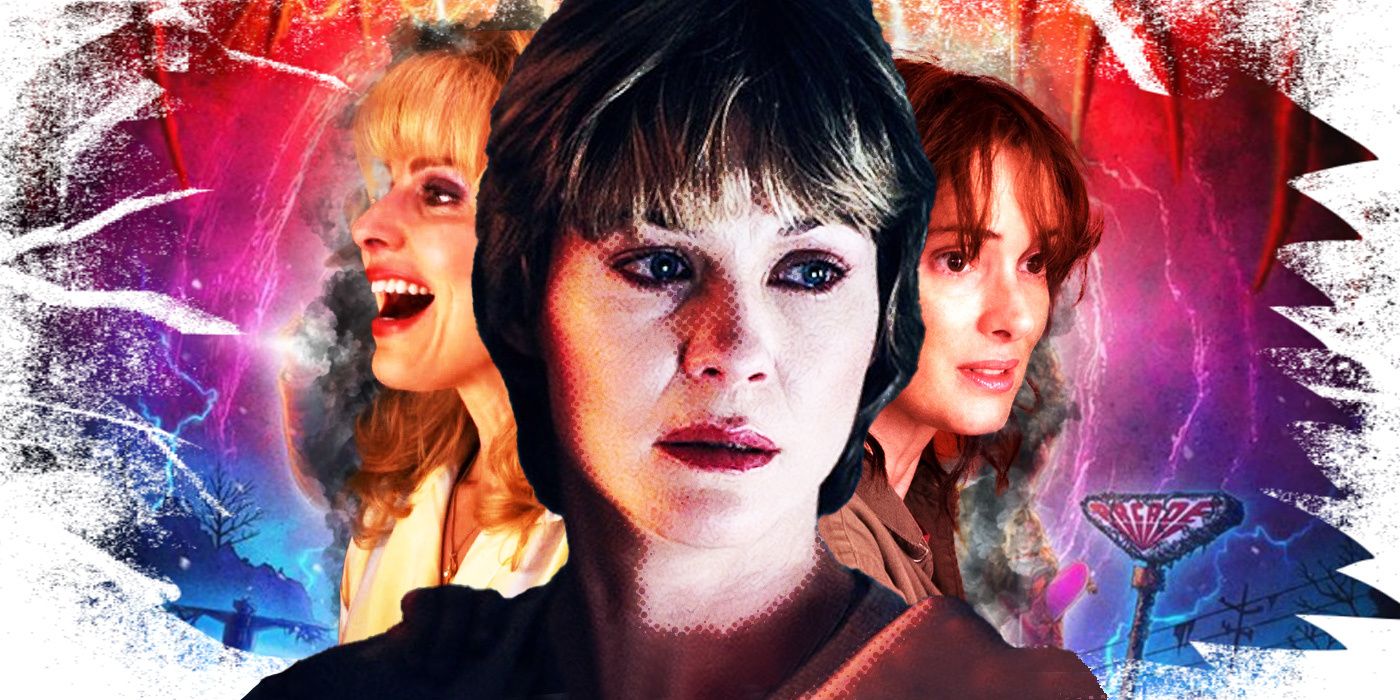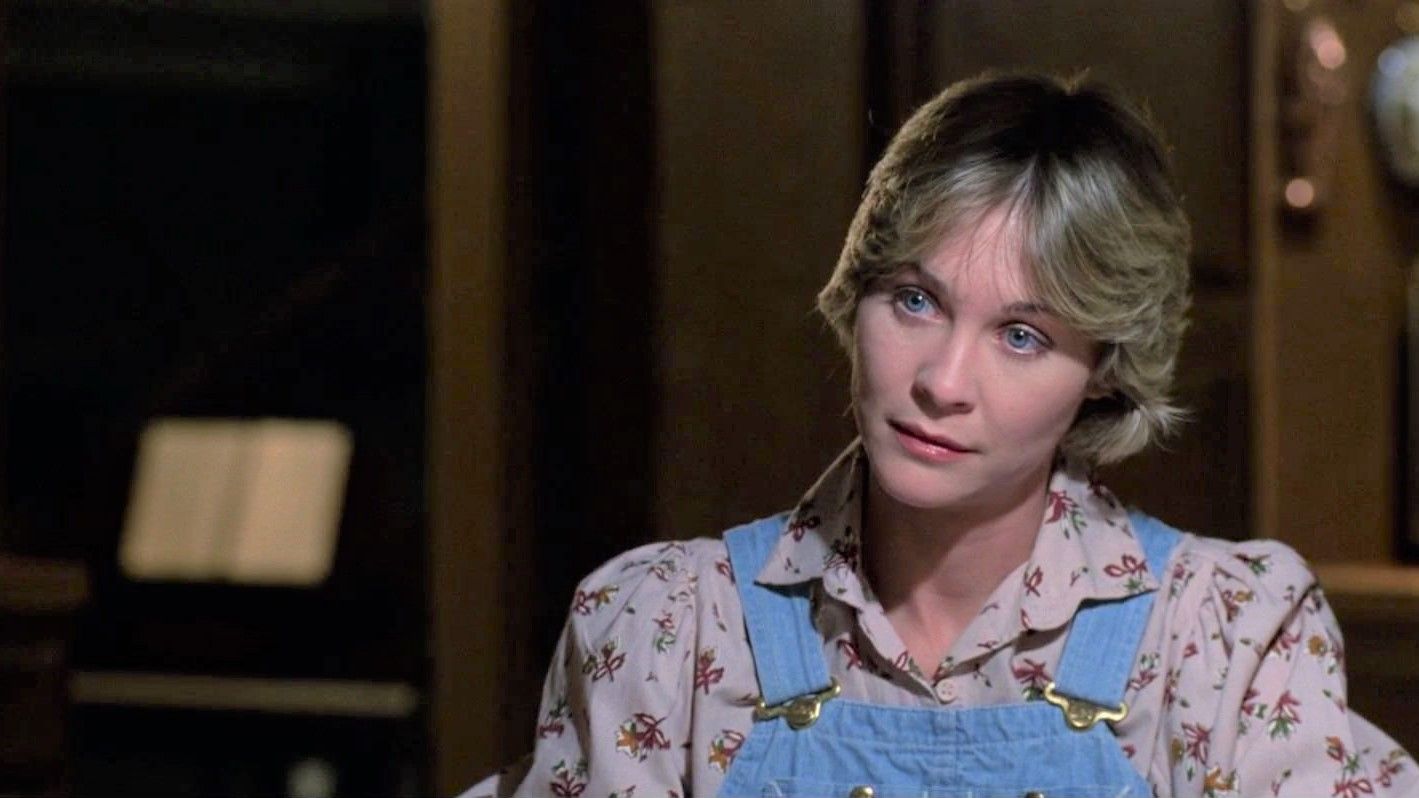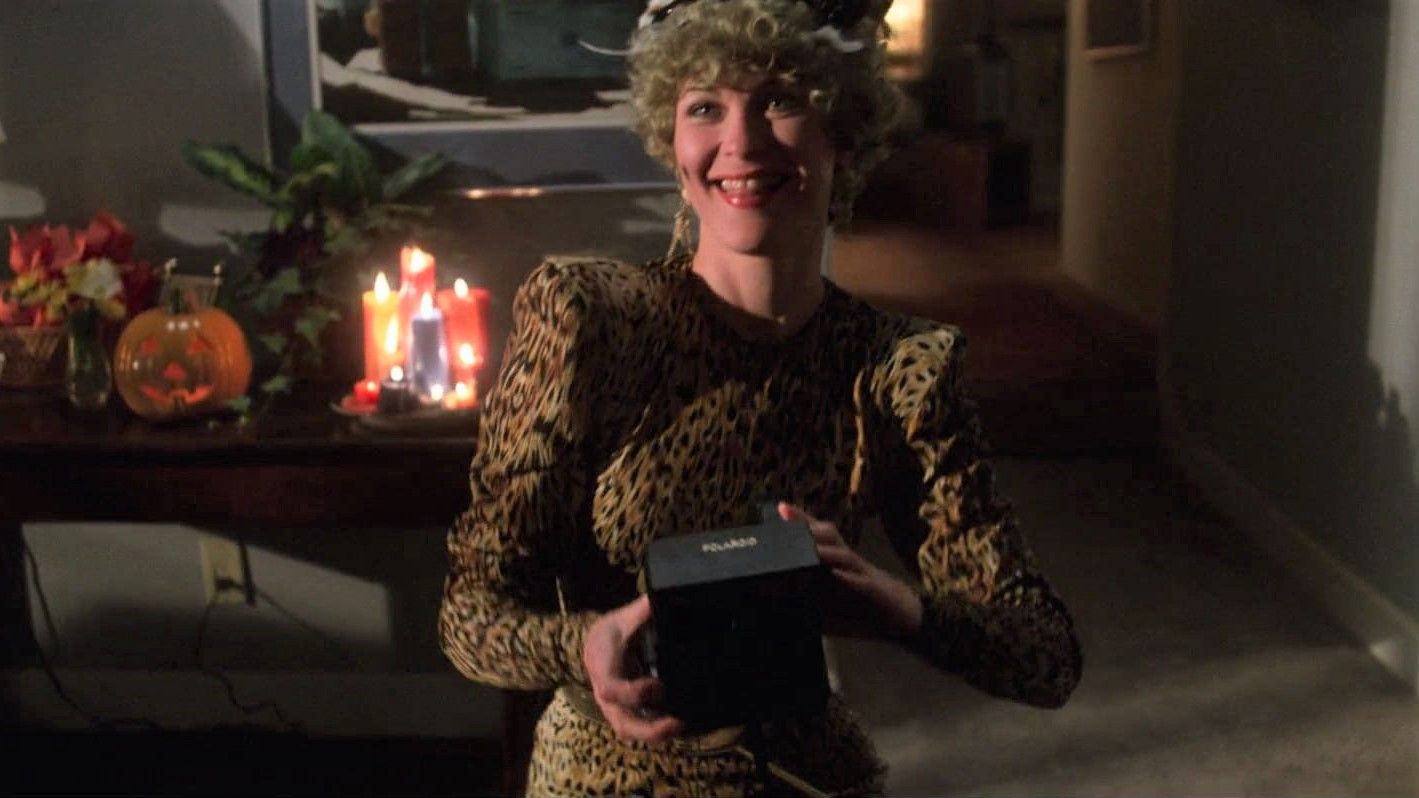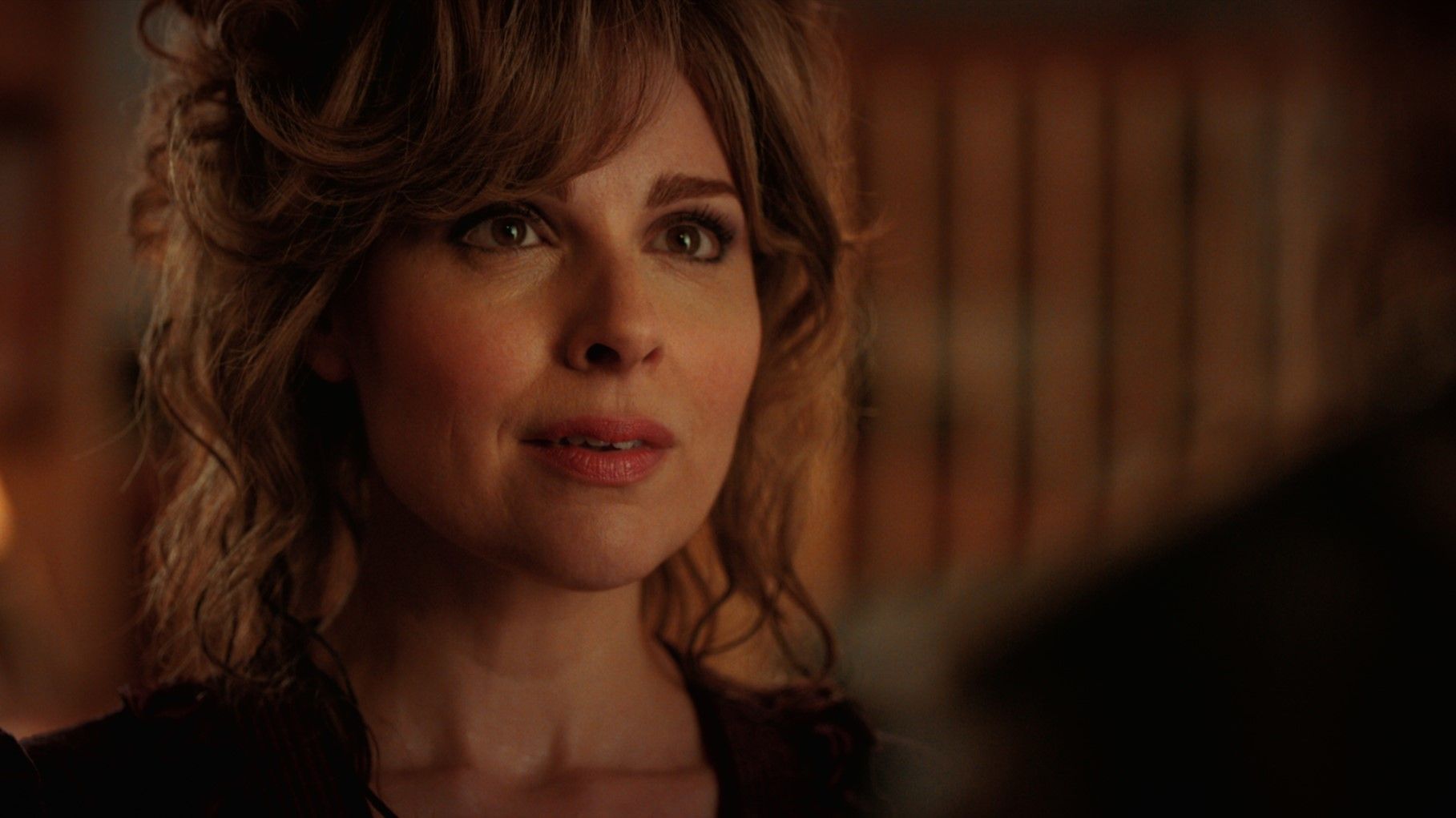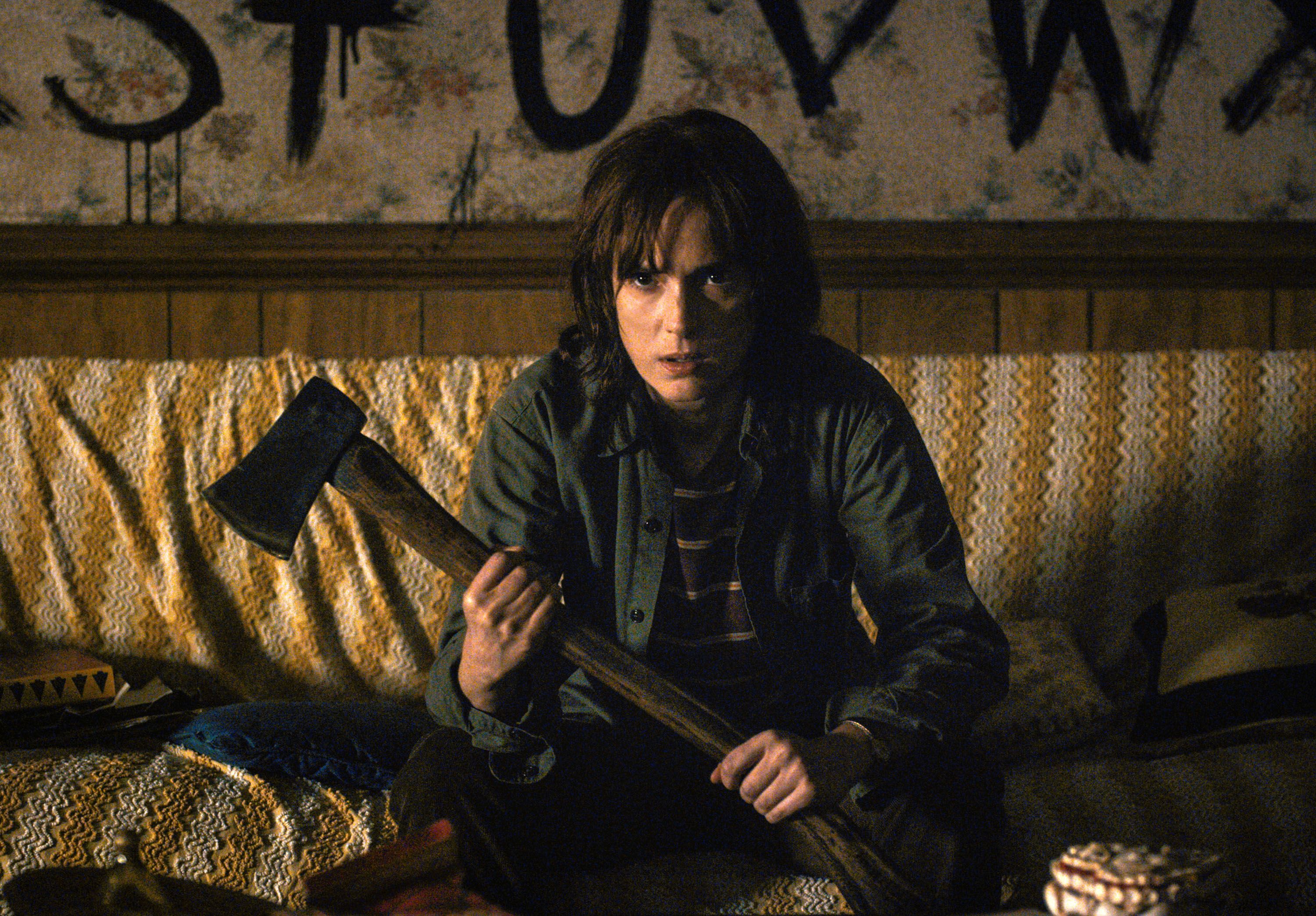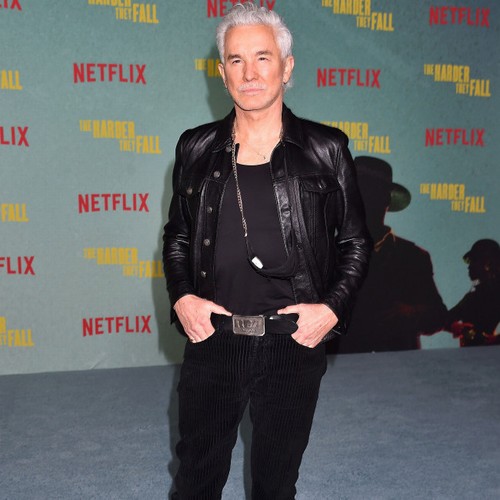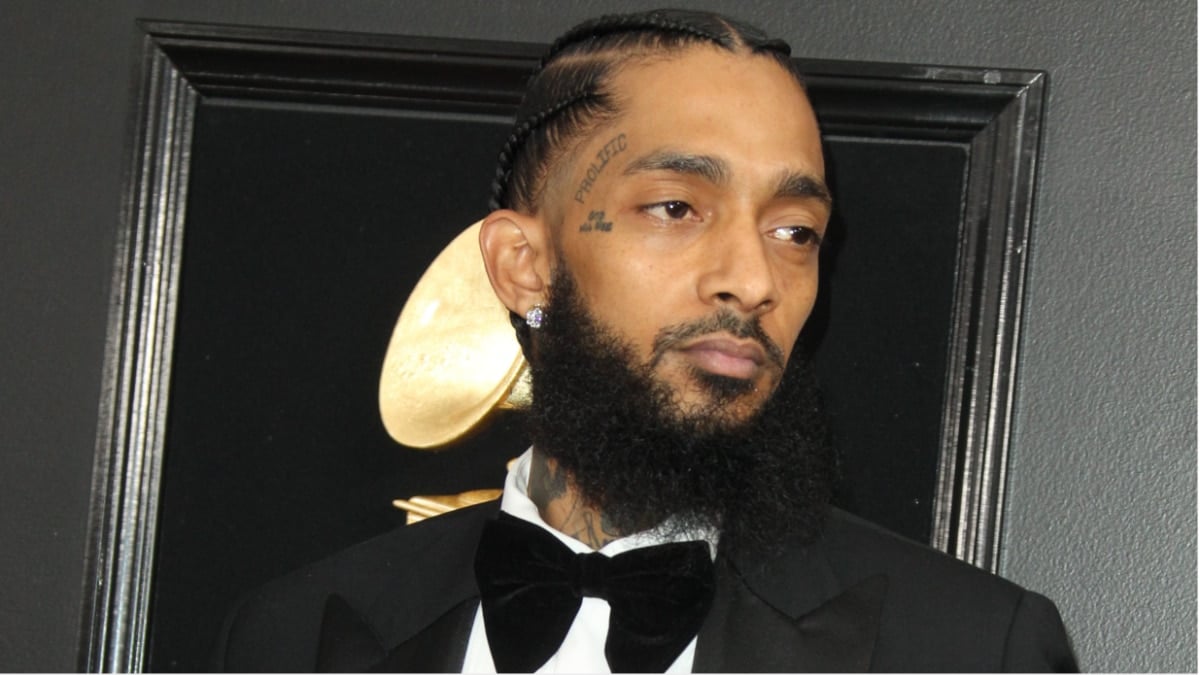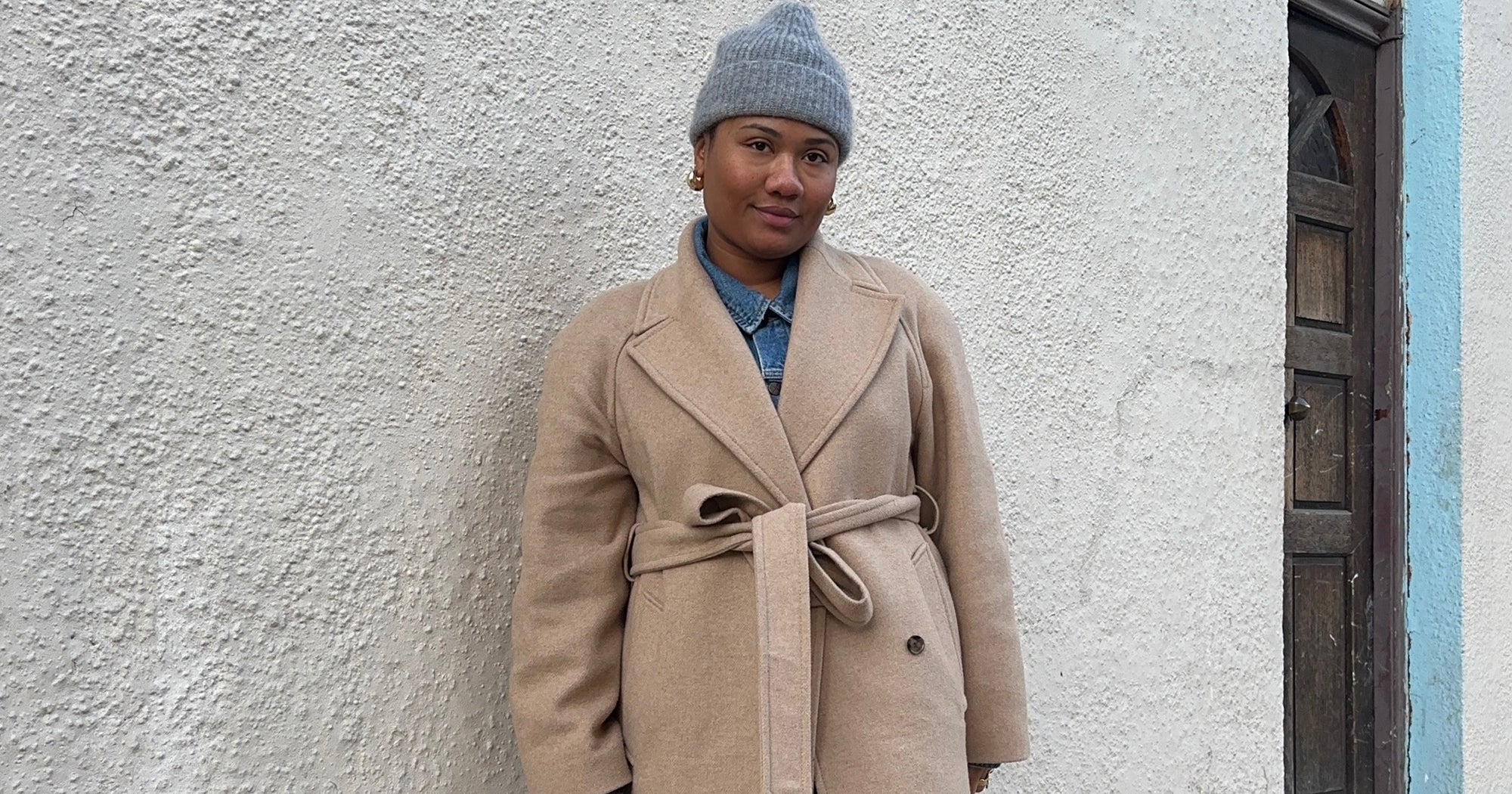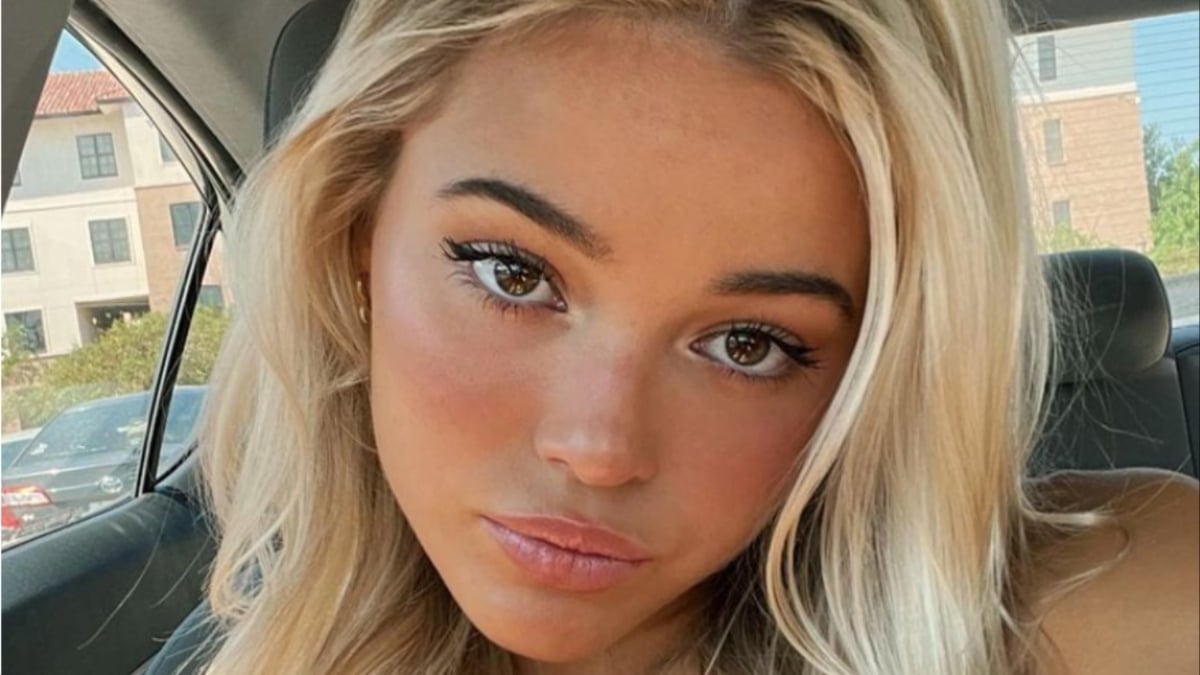Director Steven Spielberg’s 1982 classic E.T. the Extra-Terrestrial has hardly collected much dust since it was released four decades ago. Look to Stranger Things for aesthetics and story elements inspired, if not directly lifted, from the former to the latter. What is also clearly shared between the two, are the mothers. Mary Taylor (Dee Wallace) juggles quite a lot in E.T., only realizing what’s going on at home when it’s too late. Jumping on over to Hawkins, Indiana, where Joyce Byers (Winona Ryder) and Karen Wheeler (Cara Buono) are two modern iterations of Wallace’s role. They share marital issues and an instinct to protect, while expanding on Mary’s restrictions.
Mary’s life has been altered before the movie begins. An unseen husband has left for another woman, leaving Mary in charge of three kids, the house, the mortgage, you name it. She can’t skip a day of work when Elliott (Henry Thomas) fakes having a fever because she needs the paycheck. Busy in so many aspects of life, Mary doesn’t know E.T. is in her son’s bedroom or that young Gertie (Drew Barrymore) is definitely not under the ghost costume. Does that make her a bad parent? More likely it shows the trust she allows the children in taking care of themselves without being overbearing. Mary’s protectiveness is shown when her ordinary world goes crashing down with extraordinary circumstances. Yet, when John Williams’ finale score reaches its fanfare with the arrival of the alien ship, Mary stands back. She lets Elliott say goodbye to his new friend. Wallace has no dialogue, her face conveying that despite the hole in their family, her family will be all right.
Spielberg made E.T. as a personal reflection toward his parents’ divorce when he was younger. The early idea was about a family that needed to heal, specifically the kids. During an appearance at Turner Classic Movies Film Festival, he explained the rough concept: “A divorce creates great responsibility, especially if you have siblings; we all take care of each other. What if Elliott, or the kid — I hadn’t dreamt up his name yet — needed to, for the first time in his life, become responsible for a life form to fill the gap in his heart?” Even if Elliott doesn’t fully grasp his new maturity, Mary sure has. As to why she’s given more screen time over other adults, it all stems from Spielberg’s childhood. “My mom didn’t parent us as much as she sort of big-sistered us,” he said on 60 Minutes. “She was Peter Pan. She refused to grow up.” The movie’s Halloween scene is one of the biggest indicators of keeping that inner-child alive. Mary is hidden in shadow while waiting for the children to show off their costumes. At just the right moment, the camera reveals that Mary is ready for the night too. Wearing cat ears, a leopard print skirt, plus a blonde wig, she goes all out.
Dee Wallace also understood the relationship within the Taylor family. Early on, the brothers get into a fight, ending with Elliott calling his older brother, “Penis breath!” Mary laughs before composing herself and becoming stern. Talking to Los Angeles Magazine, she said, “If I had broken that down as an actor, I would have gone to admonishment, ‘Don’t you dare say that in my house!’ But that was Mary’s relationship with her kids, she was one of the kids, and another kid would have laughed at that.”
While E.T. treats Wallace well enough, any deeper characterization would have taken away the impact of Elliott’s own. That is different from Stranger Things’ serialized format, where such a limited vantage point would be too confining. The Netflix series boosts an ensemble cast of young, old, and older. At four seasons in, after so many adventures, the characters grow. Such as the women in charge of the Wheeler and Byers homes.
In the first season, Karen Wheeler is closer to an extension of Mary. She’s very much a role model citizen to Hawkins, bringing over a casserole for a grieving Joyce and seemingly having a picture-perfect life. But she’s oblivious to son Mike (Finn Wolfhard) hiding a girl in the basement and daughter Nancy (Natalia Dyer) becoming a monster hunter. Karen does her best to be there for them, while taking care of little Holly (Anniston and Tinsley Price) and putting up with bland husband Ted (Joe Chrest). Unlike Mary, Karen isn’t single. But the strong parental advice Ted can give falls to, “Listen to your mother.” If audiences looked closer, they would see a consistent object in Karen’s hand or close by it, something Buono pushed for. “I asked [the props team] for a glass of wine and as many as possible, because I thought, ‘She is really smart. How does she not know this is going on in her basement?,'” the actress said in an interview with Refinery29. “So by the time things were happening, she’s kind of passed out or checked out, so it justifies the cluelessness that we see in her.”
Karen’s dissatisfaction in life grows when she meets Hawkins’ bad boy, Billy (Dacre Montgomery). She’s not merely considering an affair, but ready for it. Karen gets glammed up while “(I Just) Died in Your Arms Tonight” by Cutting Crew plays. A sexy and deadly warning in the form of a needle drop. Not only is Billy volatile, he’s possessed by the Mind Flayer. When Karen notices Ted and Holly sleeping on her way out, she finally pauses. The decision to not go secures the family’s stability and saves her life. But this dissatisfaction doesn’t end. It fuels Karen to motivate Nancy into rejecting overly critical voices. The Hawkins Post is full of ridiculing men and Nancy gets sucker-punched by it. “This world, it beats you up again and again until eventually, I…most people, they just stop trying,” Karen says, clearly wishing Nancy gets the life she never experienced. The speech does the trick. By the fourth season, Karen turns into an unofficial leader of the parents trying to locate the main group of kids. Getting to this take-charge attitude happens much quicker for Joyce.
In the first season, Joyce is in a manic mode of grief and relentless hope. Not losing hope her son Will (Noah Schnapp) is alive puts her at odds with oldest son Jonathan (Charlie Heaton), who believes the authorities when a fake body is found. Dressing up the whole house in various Christmas lights could only make Joyce look like she’s losing it. But following a gut feeling, she actually communicates with Will trapped in the Upside Down. Talking to EW, the Duffer Brothers discussed how the signature moment almost looked very different, with the teenagers using the Christmas lights to track the monster. “Somewhere along the line, one of our writers (we can’t remember whom, but we love him or her!) suggested that Joyce instead use these Christmas lights to communicate with Will. However this idea came about, we’re just happy it did because seeing Winona react with joy, then terror, then hope to a glowing ball of Christmas lights is now one of our favorite scenes from the show.”
Acceptance is an additional attribute. Joyce accepts Will and his love for pulpy fantasy stories without criticism. She remembers “Radagast” as the password to Castle Byers and looks upon drawings of Will the Wise, seeing new crayons are needed so the fireballs don’t look like “cabbages.” This acceptance makes it a bit easier for Joyce to not be stuck in denial when supernatural happenings plague the Byers home. When Eleven (Millie Bobby Brown) is introduced, Joyce treats her no differently than her own sons. While everyone prepares a deprivation pool, Joyce knows she’s asking a lot of the girl, quietly saying, “If it ever gets too scary in that place, you just let me know.” It isn’t so surprising Eleven later joins the Byers family.
A long-held job at Melvald’s General Store ends with the rise of the mega Starcourt Mall. Unlike Karen, Joyce has an ex-husband whose return is made short when she understands it’s for financial gain. The romance with Bob (Sean Astin) is doomed due to him being way out of his element for the danger they get stuck in. This loss holds her back from getting too close to Hopper (David Harbor), despite the affection shared. Fortunately, through him, she meets Murray (Brett Gelman), a conspiracy theorist who becomes a trusted partner. Trust is absolutely needed when Joyce pulls Murray into a plan to save Hopper, imprisoned over in Russia. Following seasons make it clear Joyce will always charge ahead when something doesn’t feel right. Work and a personal life are not enough to ease new concerns.
Often referred to as “E.T.’s Mom,” Mary Taylor may have been kept in the dark in her own home but Spielberg and Wallace put much love into the character. Joyce and Karen then took on the duties, with more complexities added to both. They aren’t left behind on the sidelines as their children get caught up in the weird and fantastical. Joyce might have a more hands-on approach, but Nancy wouldn’t nearly be the determined individual she is without Karen’s support. If the Spielbergian maternal figure can be considered a trope, Stranger Things made it clear there was room for progress.










